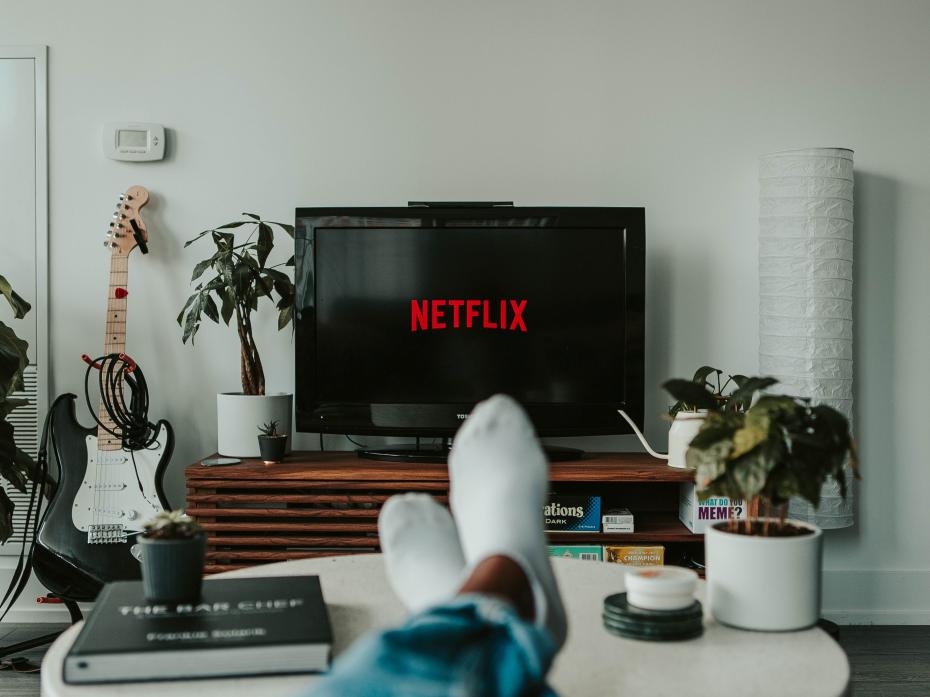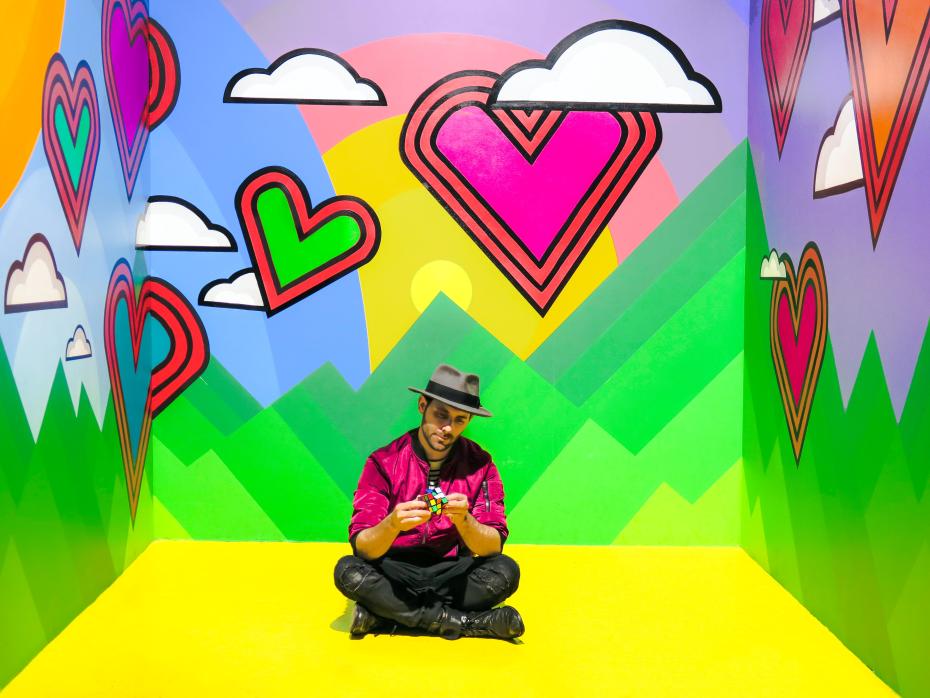
Blended learning is so bland − we need to punk things up
Just like musicians on tour, we must focus more on delivery and start holding ourselves to the same standards as any broadcaster or media company, says Jonathan Wilson

You may also like
Popular resources
Universities have survived more than a year of the pandemic, with its smorgasbord of severe trials: the move online, questions concerning our value proposition and price points, an accelerated imperative to create innovative ways to educate digitally, and pressures to deliver greater efficiency at scale.
Blended learning has been presented as a panacea. Something to alleviate concerns over being plunged into an online-only world (albeit temporarily) and the associated fears of a decline in quality and value. But I think the concept requires further development, especially as we transition out of lockdown and imagine the new normal of university education.
Is it just me, or does the term “blended” sound bland and uninteresting? Blending, after all, means mixing and combining substances together in a way that makes them no longer distinguishable from each other.
There’s a real risk that universities will lose the colour and texture of subject disciplines, compelling USPs and market differentiators in pursuit of a cookie-cutter approach to education that revolves around platforms with off-the-shelf solutions and templates for uploading content.
Within this scenario, academic staff face the prospect of being relegated and replaced by automated, asynchronous content that they receive no future rewards for. In the creative industries, professionals receive royalties – yet we academics might simply hand over our intellectual property to a module platform forever.
We need to think more seriously about a comprehensive multimedia approach to university education, taking full advantage of a world that is mobile first and multiscreen and expects immersive live experiences open across borders and in different formats. But we cannot forget the human touch and personalities of our experts. Crucially, we also need to think about how we own and monetise the content we create − exploring alternative models such as on-demand and subscription, which could extend our relevance and be made available to alumni.
The Open University was ahead of its time when, in 1969, it began using the BBC’s old television studios and editing facilities to produce video content. I have fond childhood memories of the 1970s, watching hairy scientists with kipper ties delivering lectures on television. I’ve also been really impressed with the BBC Bitesize lockdown lessons, where different subject disciplines have been presented at prescribed ability levels − with vibrancy.
Our systems and platforms need to be much more intuitive. Just as Amazon, Netflix, Spotify, LinkedIn, Instagram and a bunch of other platforms do, we need to get to know our users. If we’re honest, a lot of university platforms are about two things: uploading (dumping) content and snooping to check “engagement” (attendance), when we should be using machine-learning approaches to recommending content.
However, the vital component and differentiator must be that face-to-face interactions have to mean something different from MS Teams and Zoom calls, just like seeing your favourite band live is different from listening to them on Spotify. Also, there’s no reason we couldn’t have agreements whereby collectives of institutions share content and educators according to audiences, locations and context.
Just like musicians going on tour, playing at clubs, stadiums and festivals, we need to focus more on performance delivery. I was reminded of the importance of a multi-sensory experience when I was teaching online, and I introduced jingles and sound effects into my sessions. I’m going to try to keep that in the lecture theatre, too.
How much more interesting would blended learning be if we were regularly live streaming externally and inviting participation through comments from wider audiences. This would also be so good for recruitment. Video gamers on Twitch are doing it fantastically, with captive subscribers viewing for hours.
Because we’d be recording more lectures, the level of scrutiny would be far greater − so we need to start holding ourselves to the same standards as any broadcaster or media company. Therefore, we need to get video producers to teach colleagues how to script for and talk on camera; it’s a very different skill from lecturing. Should lecturers be booked on to acting and speaking workshops? I think so. When you record, it lays all those bad linguistic habits − such as mumbling, “erms” and waffling − bare to everyone.
For all this to work, we need technology partners, broadcast studio set-ups, equipment and a different type of technical support. Sounds expensive. But I believe that in the quest to be truly innovative, widen participation and fend off competition, it’s more about a mindset shift than spending more money.
During lockdown there were artists like Erykah Badu, who launched a live streaming platform and charged as little as $1 (72p) to see her perform. Rapper Post Malone switched genre entirely and performed covers of the grunge band Nirvana on a YouTube livestream. He has received more than 16 million views and raised more than $7 million.
There’s an appetite now for snackable content, and that very much includes education. It’s why LinkedIn Learning and other providers are moving into this space, enticing people into taking courses that tastefully punctuate many LinkedIn profiles with logos and certificates.
Currently, we’re happy to direct traffic to LinkedIn and others as a way to enhance the educational experiences we provide. But at some stage we must realise that, long-term, we’re weakening our offerings. In the same way that Google has taken revenue away from the advertising agencies and media companies that use them to promote their services, we risk suffering the same fate.
We need to take brave steps. We need to experiment. We need to think and do multimedia. Or we risk falling off the pace.
Jonathan Wilson is professor of brand strategy and culture at Regent’s University London. He has two doctorates, received a LinkedIn Top Voices award for four consecutive years and is a former advertising professional and musician.



Comments (0)
or in order to add a comment